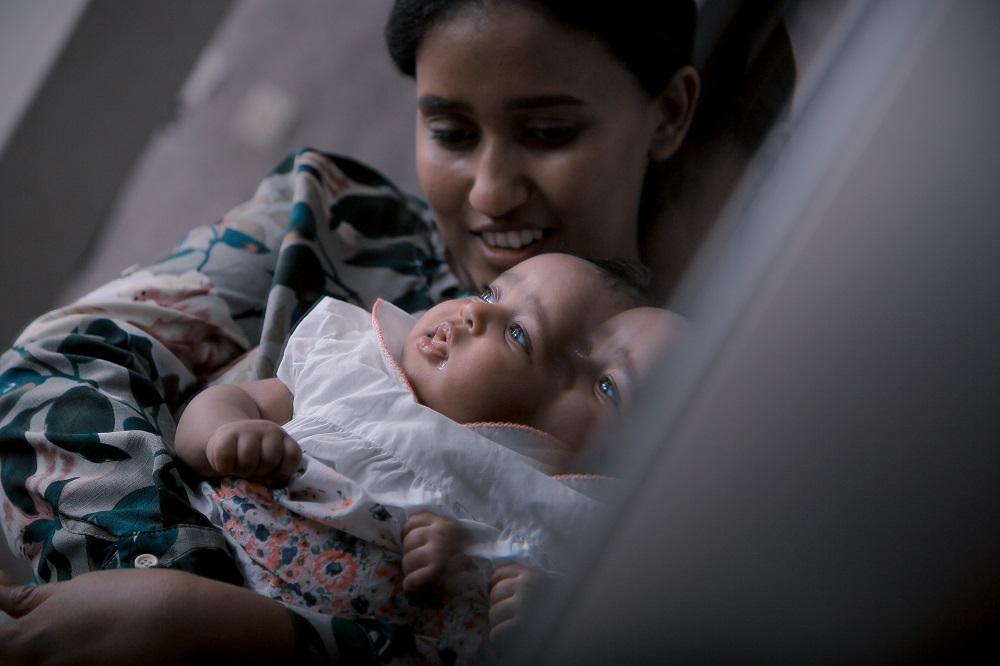The baby coughed for several days, and the doctor said that he would take a drip, so the baby was taken a drip in the emergency room of the hospital for three days. Two days after going home, the mother found that the baby began to have diarrhea. Now the mother is worried. What’s the matter?
In fact, the baby is in the intravenous drip when the secondary infection diarrhea. When the baby is ill, the first reaction of parents is to go to the hospital. In fact, it is not good for children to go to the hospital often. The resistance of the baby is relatively weak, and the disease resistance is even lower during the illness. However, there are many people suffering from various diseases in the hospital, especially during the period of the high incidence of diarrhea or influenza, it is easy to infect other diseases by going to the hospital frequently.
Cross-infection refers to direct infection from patients to patients, from patients to hospital staff and from hospital staff to patients, or indirect infection from articles to the human body.
Prevention of cross-infection
1) When the baby feels uncomfortable, the mother does not rush to take the baby to the hospital. Mothers can consult puericulturists by calling the hotline of the hospital or through the online network to make sure what’s wrong with the baby and whether need to go to the hospital for treatment.
2) When seeking medical treatment, we should choose a professional pediatric hospital or a large general hospital. The disinfection and isolation measures of professional hospitals are relatively perfect. Pre-examination and triage can separate patients for medical treatment. Hospital articles can only be used by patients after sterilization. Professional doctors in the diagnosis and treatment will also consciously avoid cross-infection.
3) During the period of the high incidence of respiratory diseases, when the baby goes to the hospital for diagnosis and treatment, it is better to wear a mask, try to stay away from the noisy environment and other patients with cough. If there are many patients, it is better to choose a period with fewer patients to take the baby to see a doctor.
4) Don’t ask doctors to use antibiotics for babies and don’t use antibiotics for minor diseases and long-term use of antibiotics, and do not choose imported antibiotics for babies. If antibiotics are used too much or too long, it will lead to flora disorder and self-infection.
5) When visiting or treating in the hospital, don’t let the baby touch the table and chair appliances in the hospital at will, and don’t touch the articles of other patients at will, so as to prevent the bacterial virus from being taken home.
6) Do not allow the baby to be intimate with other patients, and do not use other people’s utensils to eat or eat food given by others.
7) After returning home from the hospital, wash the hands of the baby and the accompanying personnel with soap and running water and change the coat.

